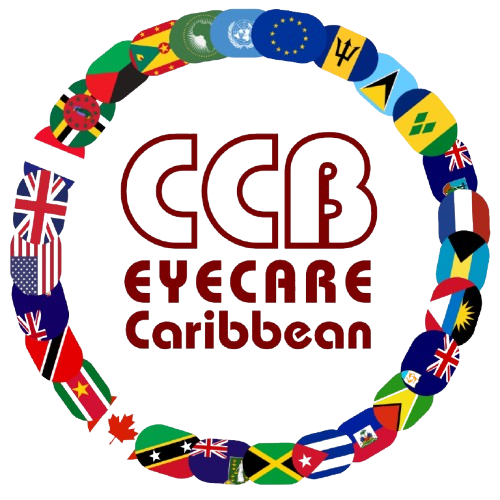The third day kicked off with Delegates being given an activity to examine their career goals for the next two to three years. This examination included a statement of individuals’ goals, possible obstacles, and the steps that will be taken toward the achievement of these goals and the mitigation of the possible obstacles. Delegates had to then share the outcome of this activity, which in some instances fueled vibrant and interesting discussions. In a number of cases, the Facilitator had to assist some Delegates with clarifying their future plans.
An extensive discourse on executive life skills followed. In this discourse, much emphasis was placed on the arrangement of meetings. Regarding this, areas covered included: doing the necessary research and ensuring that proper preparations are made beforehand. For example, if a team
of persons will be participating in a meeting, plans should be made before-hand to clarify who will say what and at what point; effectively following up after meetings; as well as the maintenance of contacts, as these can often come in handy for future endeavours. Additionally, Delegates
were told that they should always try to bring something to the negotiating table, as the mutual benefits derived from collaborative efforts usually prove more effective and are often viewed more favourably.
Another specific area examined was the understanding of processes: e.g. in the writing and submission of proposals, some critical things to know are: the time when the necessary submissions are to be made; the criteria for the funding; who (persons and agencies) are involved in the approval process; etc.
The third point of emphasis was on understanding the decision-making process: “the who, the how, and the when” of the process.
The remainder of the day was spent on discussing effective social presentation of self as well as issues of etiquette. Among the areas covered were:
1. Banking
2. Dress— the importance of effective colour coding, the importance of appropriately dressing for different occasions, as well as other tips;
3. Eating— the importance of being able to use the knife and fork, and taking cues from your host where you may have uncertainties;
4. The avoidance of “blindisms”— weird or unusual behaviours such as holding down your head during a conversation or squeezing a pimple in public; as well as,
5. The cultivation or adoption of acceptable behaviours such as proper posture, appearing focused, effectively shaking hands, appearing engaged in meetings (making eye contact with the person speaking), etc.
The Facilitator also impressed upon Delegates the importance of sensitizing their hosts on how to treat them. He also left with Delegates the fact that persons make their greatest impression within the first four minutes of meeting, and therefore, it is important to always make a good impression – one of being assertive, confident, and clear, as opposed to coming across as being clumsy or lacking in self-confidence.
After the Workshop, there was interaction with the Barbadian Delegates who visited the accommodation.
Day 4: Thursday July 29th, 2010
